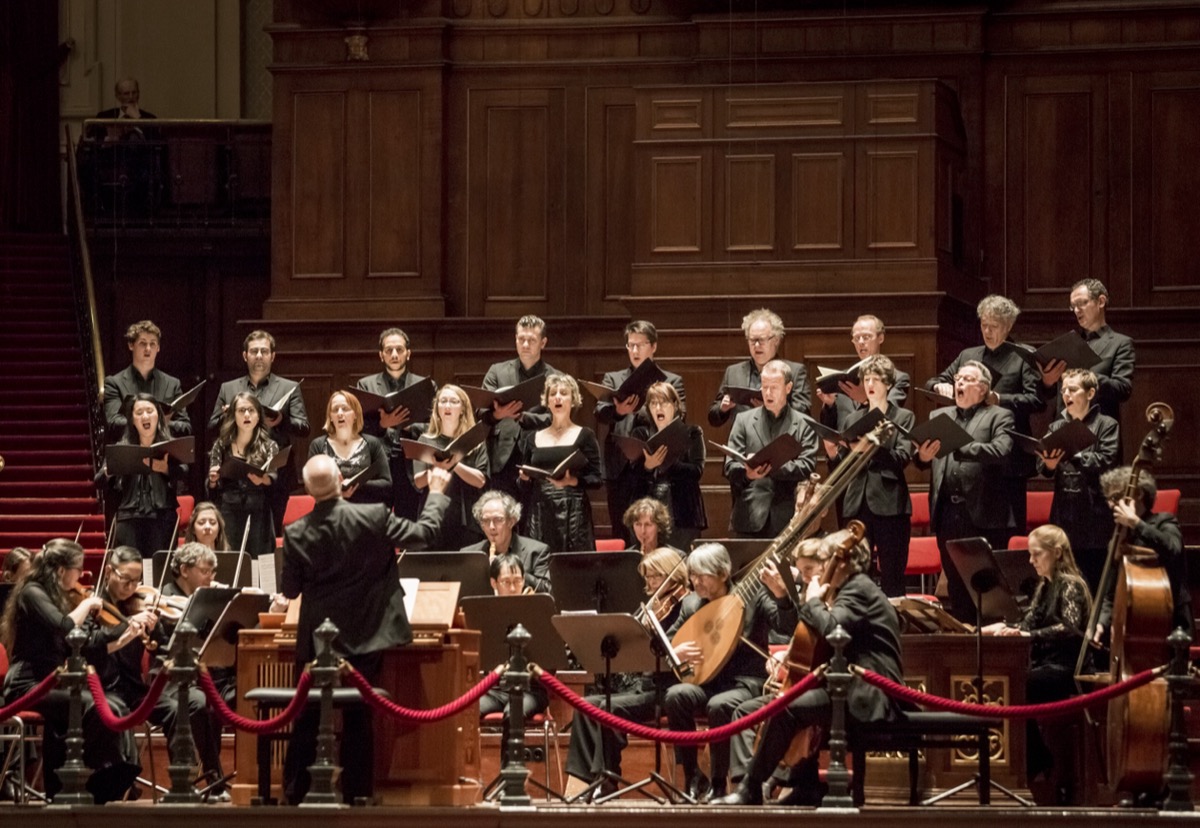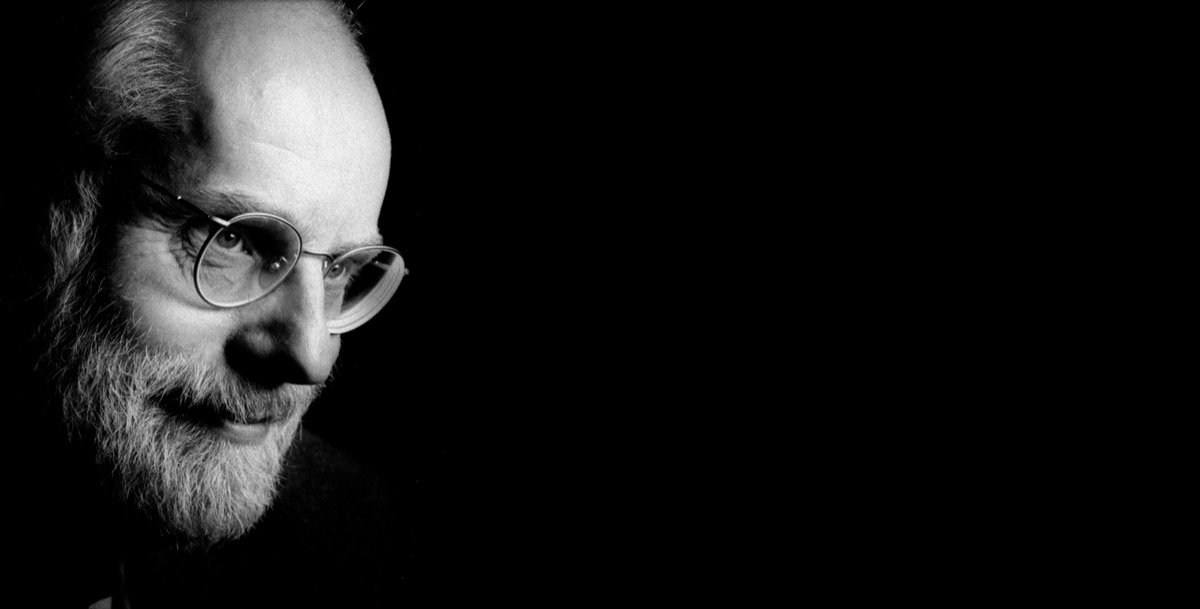AMSTERDAM BAROQUE ORCHESTRA & CHOIR & KOOPMAN
Programme
- Johann Sebastian Bach: Cantata „Unser Mund sei voll Lachens“ BWV 110
- Johann Sebastian Bach: Cantata „Herr Jesu Christ, wahr’ Mensch und Gott“ BWV 127
- Johann Sebastian Bach: Cantata „Auf, schmetternde Töne der muntern Trompeten“ BWV 207a
Performers
- Amsterdam Baroque Orchestra & Choir
- Ton Koopman – conductor
- Ilse Eerens – soprano
- Maarten Engeltjes – countertenor
- Tilman Lichdi – tenor
- Klaus Mertens – bass
Before the concert at 6.45 pm, there will be a pre-concert talk (in English) with Ton Koopman (interpretation into Czech will not be provided)
It would be difficult to find an artist who is more closely associated with the cantatas of Johann Sebastian Bach than Ton Koopman. Born in the Dutch city of Zwolle, he was the first conductor to record the complete cycle of all the cantatas, including 21 secular cantatas. This extraordinary project, which Koopman and the Amsterdam Baroque Orchestra and Choir worked on from 1995 to 2005, gave rise to an impressive 67 albums. For this feat he won the prestigious Echo Klassik, the BBC Music Magazine Award and the Hector Berlioz Prize, and he was nominated for a Grammy and Gramophone Award as well. In his role as conductor, organist and harpsichordist, Koopman has made an incredible 400 recordings.
The focus of his activities lies in his collaboration with the Amsterdam Baroque Orchestra, which he established in 1979, and the Amsterdam Baroque Choir, which followed in 1992. Both ensembles are celebrated internationally in the field of historically informed interpretation and they regularly perform in prestigious concert venues. Koopman also appears with some of the finest “modern” symphony orchestras, who invite him to work with them and appreciate the opportunity to draw on his knowledge of period performance. These include the Berlin Philharmonic, the Royal Concertgebouw, the New York Philharmonic or the Chicago Symphony. In addition, he is Professor Emeritus at the University of Leiden and the Royal Conservatory of The Hague, Honorary Member of London’s Royal Academy of Music, and President of the Leipzig Bach Archive Foundation.

The programme for the concert in the Rudolfinum’s Dvořák Hall will begin with the joyful Christmas cantata Unser Mund sei voll Lachens BWV 110 (May our mouths be filled with laughter), in which Bach used music from his Orchestral Suite in D major; it was first performed in Leipzig on Christmas Day, 1725. This will be followed by Herr Jesu Christ, wahr’ Mensch und Gott BWV 127 (Lord Jesus Christ, true Man and God), a chorale cantata based on a hymn by Paul Eber. The evening will culminate in the secular cantata Auf, schmetternde Töne der muntern Trompeten BWV 207 (Come, resounding tones of merry trumpets), written to mark the name day of the Elector of Saxony, Frederick Augustus II.








